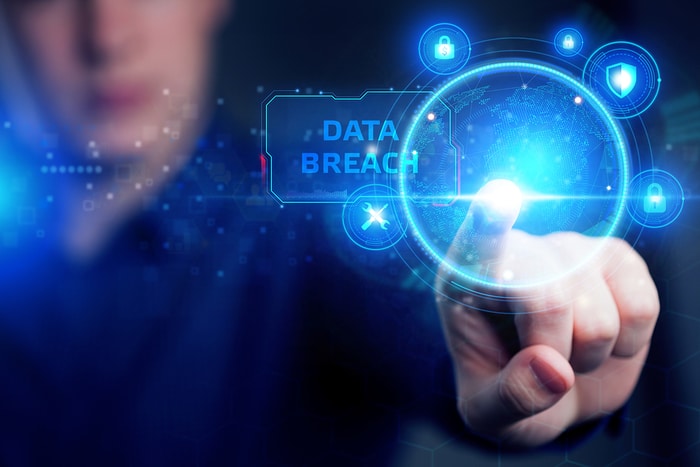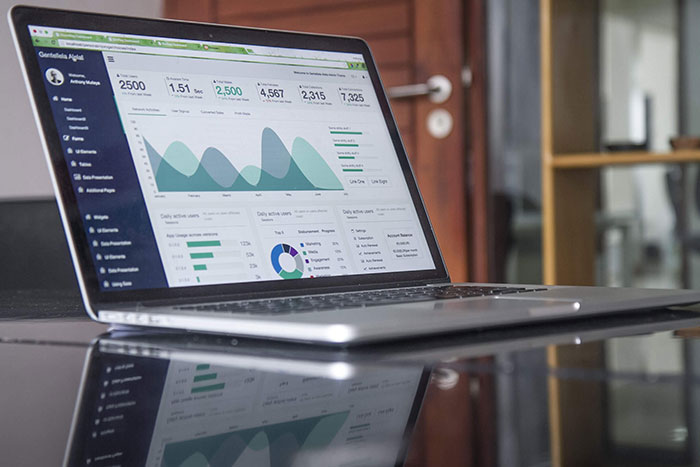
You could be open and extroverted to the world. You may go nuts about your privacy and data you share online, you may even become a combination of both. No matter on which side of the board you stand, all of us share a big amount of information with various websites and organizations every day. As in the case with the social media websites you are obliged to do that to confirm your identity and for security reasons. In some cases, you share it unintentionally when data brokers trying to track your online actions and analyze that data. That’s just the way modern-day corporations act online.
Another know fact the data breaches happen from time to time. According to the recent statistics, at least 3 such cases happen daily for the past 5 years. Millions of people were affected globally because of that.
The definition of a data breach
A data breach is a process when the access to accessing your safely stored, personal and confidential information is being transferred to third parties without your permission. To keep it simple, it’s the process when your data can be seen by the person who shouldn’t be seeing it at all.
In most cases, when you’re using the subway and a stranger is reading your messages or passwords over the shoulder you may be considered a victim of a data breach. But as a matter of fact, such a name is used when millions of people are becoming vulnerable.
Let us describe the terms when a data breach normally takes place. Various organizations and governmental institutions purchase or track your data and store them in so-called cloud servers. Then, cybercriminals break into such a server and get access to all the data stored there. Another way of losing data lies into the company’s security standards, their employees might store passwords from the databases insecurely or click on suspicious links in the email, so the whole network becomes infected.
No matter what really happened, from that point, you are no longer to your personal address details, phone number, Social Security number, your medical reports or card number. The information going into the wrong hands is lost forever. Once offenders get your date, they could either sell it to the interested parties or use it for own profit. For example, they use your credit cards to purchase expensive stuff or steal your identity to confirm a transaction on the money forum. As the darknet experts say, various types of data cost differently on the black market, the most expensive ones are medical reports.
The way you are affected
The issue of abuse and data theft is widespread worldwide. Studies show that over 23% of US citizens have fallen prey to various identity thefts on the Internet. We share a lot of personal information and there are people seeking to steal and misuse it.
Unfortunately, you can’t avoid being affected by a data breach and save yourself from a hassle removing your data available online freely. From the minute you enter your Social Security number on a landing page or your password, all you can do is to hope that this website will not be hacked. The bad thing, you’re no longer the owner of your personal details.
However, you can take certain steps to reduce the influence a data breach can cause you.
Let us be fair here, securing your personal account and documents may seem a tough task to do. However, your efforts will be paid off sooner or later as it will save you from the most common risks on the Internet. This should become your daily habit, like brushing your teeth or paying for parking in the city center. Once you’re used to it, this will not really bother you.
1. Avoid sharing more information than needed
Being careful with the information you share is crucial to your digital security. Always question the fact someone asks for your sensitive data online. Ask yourself would you trust that person or can that piece of information be shared in this circumstance?
Imagine a situation when you are asked to share your SSN number on some landing page to win an online lottery or get a discount for something. In that case, the risk of stealing your data is extremely high.
In general, make a simple Google research for your name or address and you will be shocked how much of the information may be available about you. But on the bright side, the majority of data-brokers offering easy opt-out options as it’s illegal to store your information without your approval. Nuwber, for example, does that online in minutes, while others would require a call or fax to be sent during the operating hours.
2. Use two-factor authentification where possible
Multiple factor authentification is your go-to solution when it comes to creating an additional security level on your accounts. With the widespread of smartphones, you may use various application that either allows you to automatically generate safe codes each time you log in or receive it via text message. This way hackers won’t be able to break-in, even though they could have your log in details, applications will block all access from the new devices.
3. Use powerful and unique passwords
This is probably the main reason accounts got hacked daily: more than 81% of Americans use the same passwords and their various accounts. Even though you might have a few dozen or hundreds of them, each password should be completely unique and preferably long. Make sure to use the combination of lower and uppercase letters, numbers and special symbols where applicable. Once one of your accounts gets hacked, cybercriminals won’t be able to figure out the passcodes to the rest.
If you think you won’t be able to memorize that many, there are plenty of handy tools like Dashlane or standard KeyPass on Mac’s that allow you to store hundreds of passwords in one place. All you need to do is to remember the password from your password-keeper account.


